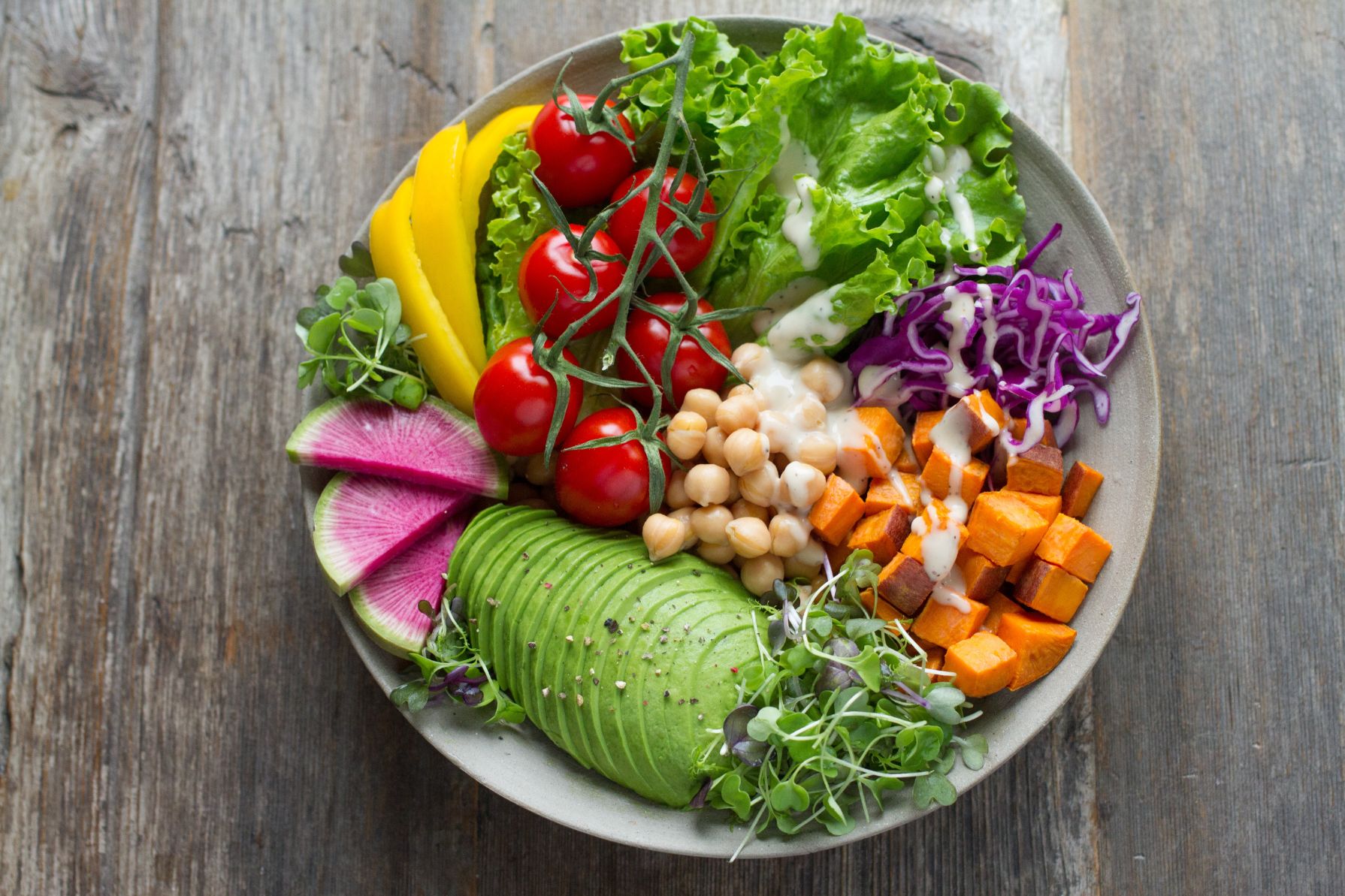From cold, flu, and typhoid, to mosquito-borne diseases like malaria, dengue, and even stomach infections, the monsoon is known to bring along a host of illnesses.
But, unlike in other seasons, consuming green leafy vegetables is not recommended in the monsoon as they can be a breeding ground for many bacteria and fungi which thrive in humid and wet weather. The same goes for sea food, as the risk of infection is quite high in monsoons due to water contamination.
So, make sure you compensate for the foods you will avoid in monsoons. To do that, add the following to your meal plan.
The best monsoon and post-monsoon foods are…
 Seasonal fruits
Seasonal fruits
Most rainy season fruits, such as jamun, cherries, pear, plum, peaches, fresh dates, and pomegranate, are rich in antioxidants and vitamin C. The best way to consume them is as a whole; avoid juicing. Other than strengthening immunity, they are also good for skin health.
Colourful vegetables
Monsoon is also known for vegetables like bottle gourd, bitter gourd, tinda and parwal.Tothisbounty,addcolourfulveggiesliketomato,ladyfinger,radish, cucumber, and brinjals. Also, instead of enjoying deep-fried chips or French fries, make baked or air-fried sweet potato wedges. It will help keep your cravings and weight, both in check!
Spices
Spicesandherbsliketurmeric,ginger,garlic,pepper,cinnamon,cardamom,andnutmegarebestowedwithanti-inflammatory,antifungal,antiviral,antimicrobial,anti-bacterialandimmune-boostingactivities.Theyworkamazingly well to support the immune system by regulating immune cells likeT-cellsthathelpsthebodytodefendoffthepathogens.Addthesespicesgenerously in your regular cooking during this weather and uplift your overallhealth.
Kadha
Have a warm cup of kadha infused with the goodness of herbs and spices like cloves, turmeric, pepper, cinnamon, ginger, nutmeg, cardamom and so much more. This will not only help build your immune system but will also keep you warm. You can add a dash of jaggery for sweetness.
Garlic
Laden with a treasure trove of nutrients, garlic is best known to combat the common cold and flu and triggers your immunity. Even studies reveal that adding garlic to your daily diet increases the T cells in the blood, there by aiding to safeguard you from viral attacks. Allicin is the most powerful bioactive compound in garlic that is heaped with medicinal traits and up lifts the disease-combatant response of the system.
Turmeric
Potentant is eptic, anti-viral, anti-fungal, anti-bacterial, anti-microbial, and anti-inflammatory qualities of turmeric trigger your immune system naturally and combats infections. Drinking turmeric milk or adding this golden spice powder to your daily meal is an excellent way to boost your overall health. Turmeric is a sure-shot remedy for all your monsoon-related illnesses.
Probiotics
Fermented foods like yogurt, buttermilk, and pickled vegetables are good sources of probiotics that are sure to keep your gut flora healthy. Probiotics are good bacteria that help fend off disease-causing pathogens and other harmful bacteria from the system.
Lemon
Boast with the goodness of vitamin C, potent antioxidant lemons are a great addition to your monsoon diet that help to enhance immune response and keep infections at bay. Simply drizzle lemon juice on your food, add lemon zest to any dish or drink a glass of lemonade, this citrusy fruit takes care of your nutrition and health.
Immune boosters
By adding kadha to your diet, you are already one step ahead in your healthy monsoon journey. You can further push this by in-corporating super foods like vitamin-C rich amla or omega 3 rich flaxseeds, almonds or walnuts.
Hydration
One of the most important yet forgotten nutrient is water. Since the climate is humid, most people do not feel thirsty. However, it’s extremely important to drink water to clear the gut, for the smooth passage of faecal matter, and also topr event bacterial over grow thin the gut.
You can also keep your self hydrated with a glass of buttermilk or coconut water-which are great probiotics and electrolytes, respectively.
Well-cooked food
Ensure to thoroughly clean all the foods you consume to prevent any bacterial infection. This is not these as onto indulge in salads or vegetables juice (especially bought from outside).
Roasted corn can also be enjoyed in the rainy season as it is a healthy snacking option that is rich in anti-oxidants like lutein. It is also a rich source of dietary fibre that will promote good bacterial growth in your gut and improve digestion.
Foods to Avoid During and Post-Monsoon
There are several unhealthy eating practices that one should avoid, as these food habits are more prone to increase your risks of contracting infections during the monsoon season.
Eating Outside
Avoid eating food at restaurants as well as street food stalls, as the temperature during this time is ideal for bacterial and fungal growth and there is an increased risk of food and water borne infections.
Avoid Eating Fried Foods
It is fine to have fried foods like samosa or pakoras occasionally during this season in moderate amounts, as having these foods in excess quantities can lead to several gastrointestinal woes like indigestion, bloating, diarrhoea, and other issues. Also ensure to avoid reusing fried oil, as it can be toxic to your health.
Not Washing Vegetables
The temperature and humidity of this season are favourable to bacterial and fungal growth, especially on green leafy vegetables. Thus, it is important to wash these veggies thoroughly and cook the mon high heat before eating.
Limit Seafood
The risk of water contamination is high during this season, which makes fish and seafood vulnerable carriers of infections. Hence, it is best to refrain from eating seafood during the monsoon.
Article By
Dr. (DT) Reena Verma
Department of Dietetics and Applied Nutrition
Manipal
